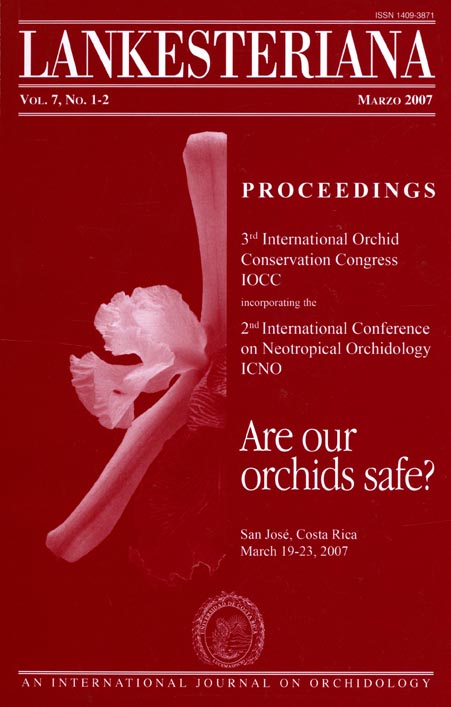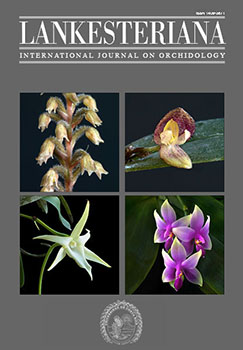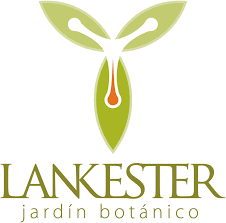How does hybridization influence the decision making process in conservation? The genus Orchis (Orchidaceae) as a case history
DOI:
https://doi.org/10.15517/lank.v7i1-2.18455Keywords:
AFLP, hybridization, introgression, ITS rDNA, Orchis, plastid microsatellitesAbstract
Hybridization is a fundamental process in biology and can lead to new evolutionary lineages. However, if the parental taxa involved are rare, difficult decisi- ons may have to be made regarding the conservation of the biological process versus the conservation of the parental taxa. The genus Orchis in Europe is a good example of a group of species in which these types of questions arise as several of the species hybridize where they co-occur. The example used here relates to O. militaris, O. purpurea and O. simia in the anthropomorphic group (so called because the labellum has lobes thought to resemble arms and legs). All three species are widespread in Europe, al- though they are rare in large parts of their ranges, and they have substantial areas of overlap in distribution. All three are rare in Britain, occurring predominantly in south east England. Orchis militaris and O. simia and are only known from two and three natural sites in England, respectively. Orchis purpurea is less rare, but is still geographically localized.
Downloads
Downloads
Published
How to Cite
Issue
Section
License
According to the Open Access policy promoted by the University of Costa Rica, all the papers published by Lankesteriana are licensed under the Creative Commons copyright and can be downloaded free of charge. The journal holds copyright and publishing rights under the CC BY-NC-ND 3.0 CR license.
Before the publication of the materials submitted by the author(s) in LANKESTERIANA, the author(s) hereby assign all rights in the article to the Lankester Botanical Garden.





